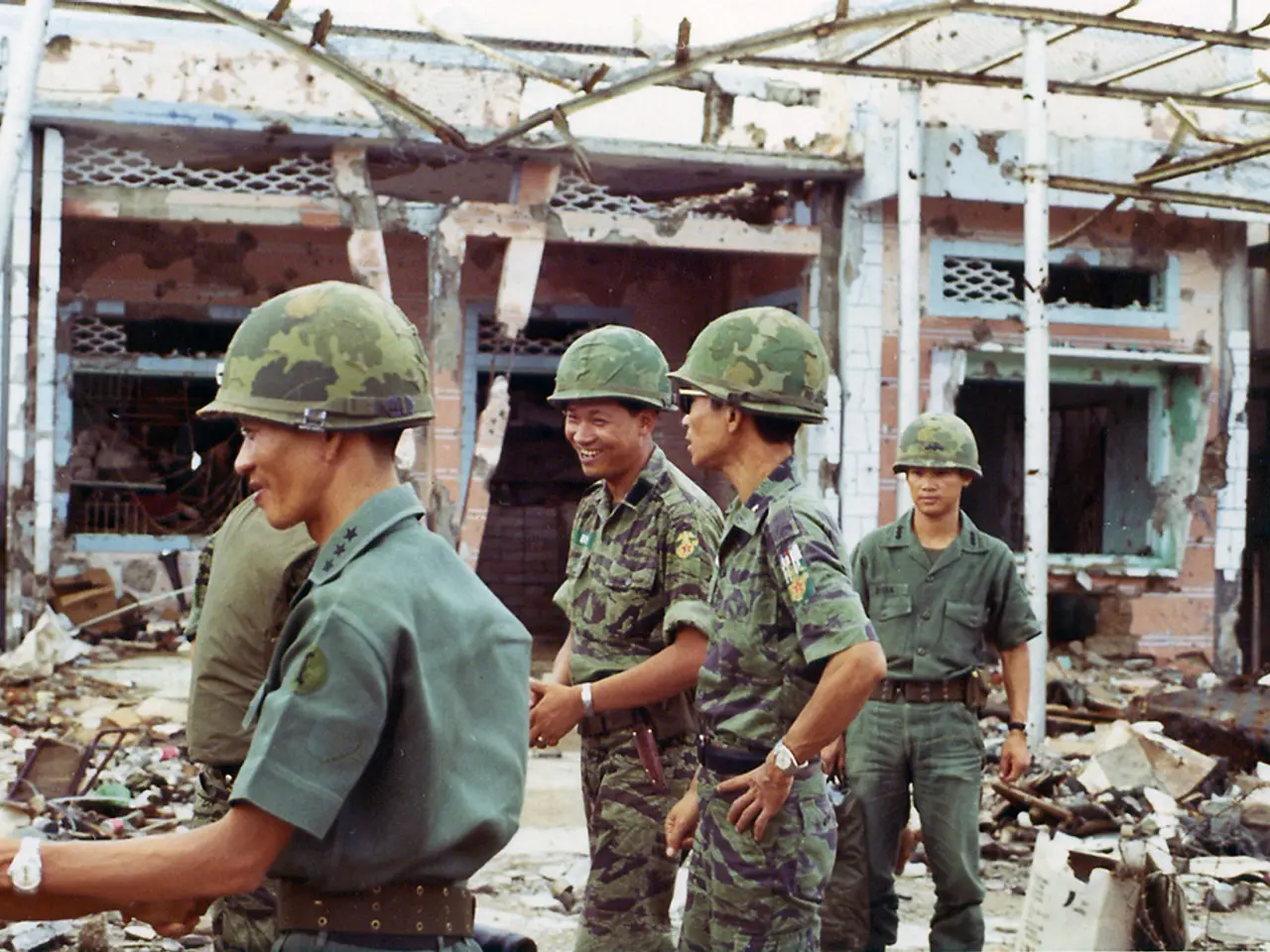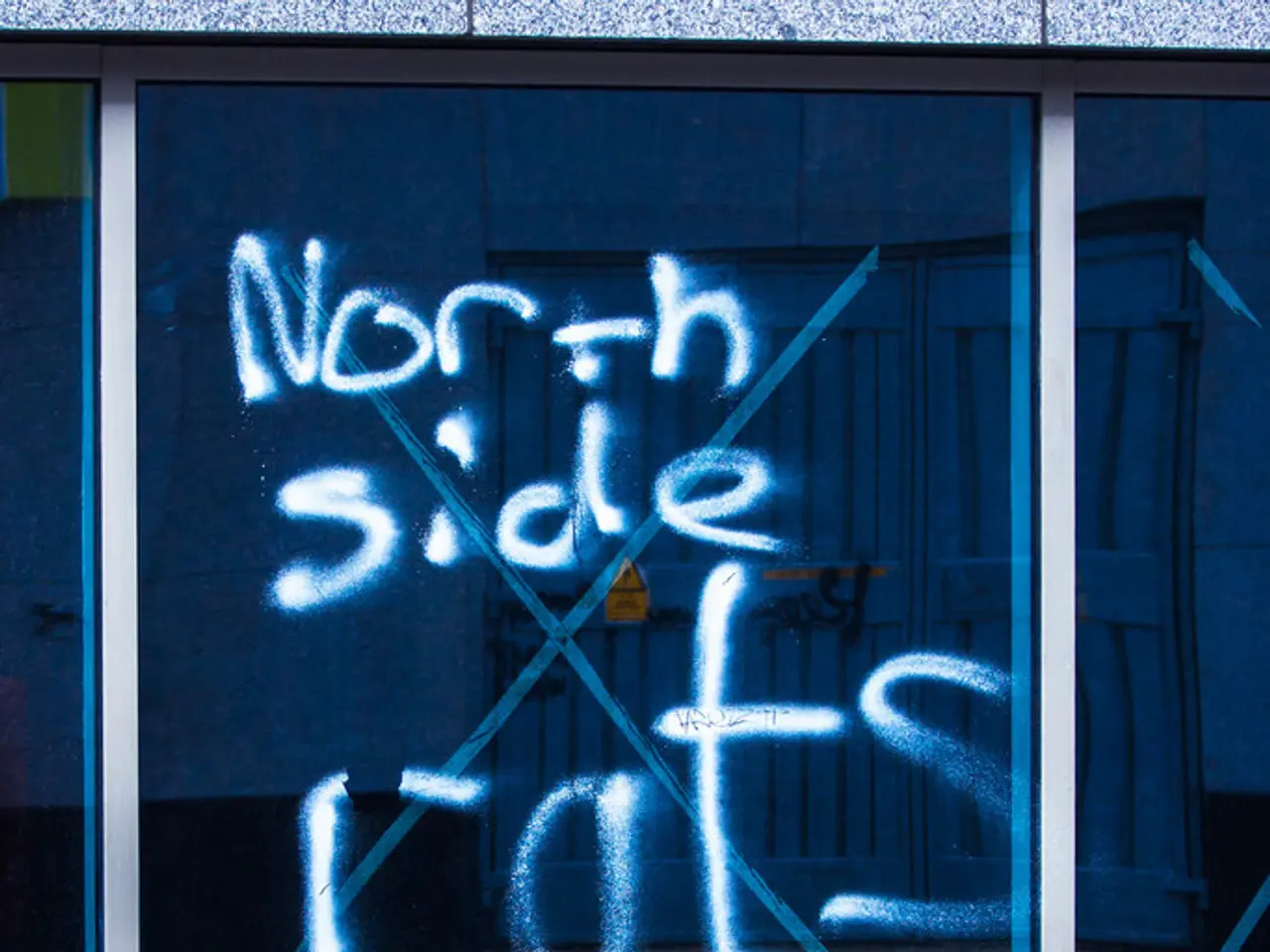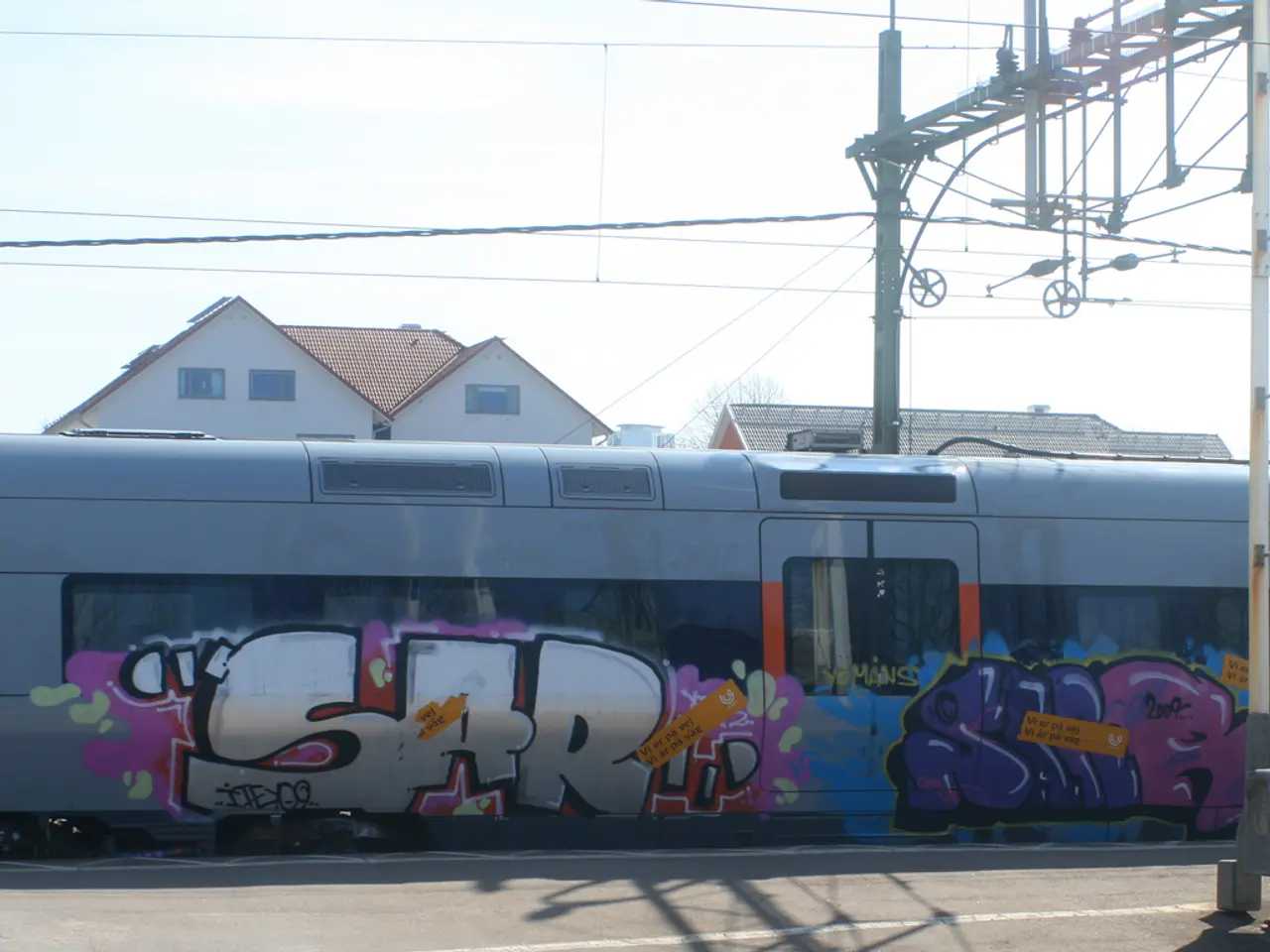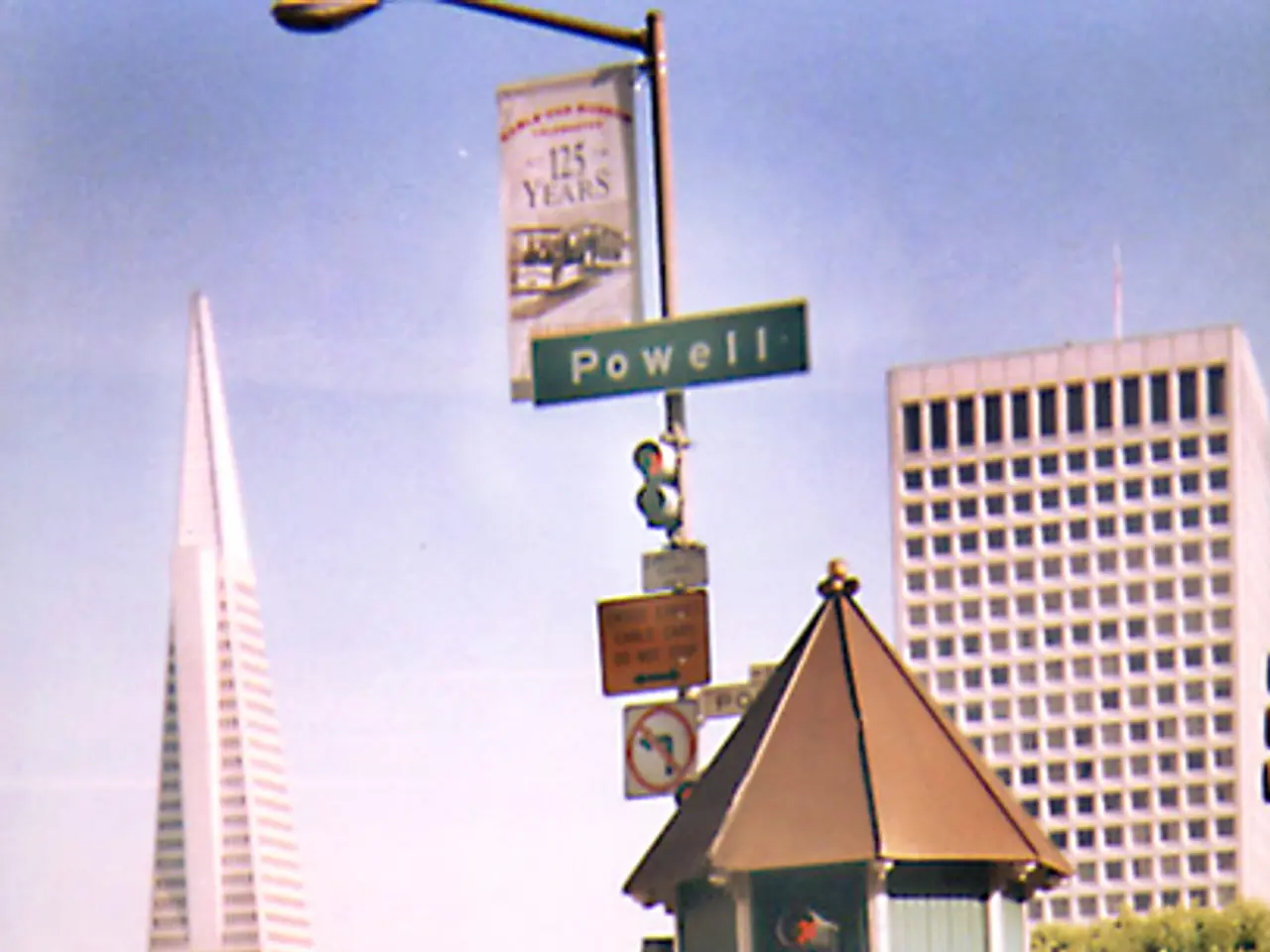Israeli military bulldozers demolish residences in refugee camps located in the West Bank region.
In the heart of the West Bank, the Tulkarem refugee camp has been under siege for months as Israeli forces carry out extensive demolitions and displacement operations. The military offensive, known as "Iron Wall," began in January during a truce in the Gaza war and has since affected thousands of Palestinian civilians.
As residents retrieved belongings from their homes under the watchful eye of Israeli troops, gunshots rang out and explosions were heard, a chilling reminder of the continuation of the army's manhunt for militants. The demolitions have caused significant fear among residents, with the fear of becoming homeless and being scattered among relatives. One resident described the sense of loss and erasure of the camp itself.
The Israeli forces have issued demolition orders targeting 104 homes and buildings in Tulkarem camp, affecting approximately 400 housing units and around 2,000 Palestinians. Bulldozers have been actively demolishing residential buildings in Tulkarem and the nearby Nur Shams camp, as part of an intensified military offensive and siege that includes severe restrictions on movement and a heavy military presence.
However, a recent development has brought some respite to the affected families. The Israeli Supreme Court has frozen the military order authorizing mass demolitions in Tulkarem camp, issuing an interim injunction on July 3, 2025, and giving the Israeli state until September 2, 2025, to respond to a petition filed by the Palestinian human rights group Adalah challenging the demolitions. This court decision marks a rare acknowledgment of the severity of the demolition orders and underscores the need for affected families to have a meaningful opportunity to defend their right to remain in their homes.
Despite the injunction, physical damage from previous demolitions and ongoing military actions continues. Residents like Abd al-Rahman Ajaj, who found his house demolished without notice, are left to pick up the pieces. Each demolished building in the camp housed at least six families on three floors, and many residents have had little choice but to build upwards to gain space, adding an extra storey with each new generation.
The ongoing demolitions and military pressure can be seen as part of a broader policy that challenges the physical and legal grounds of Palestinian claims to their original lands by creating new realities of displacement and erasure within the occupied territories. This could threaten the refugee status and the "right of return" of the residents to the land they or their forebears fled or were expelled from in 1948.
Many residents believe Israel's goal is to destroy the idea of the camps and turn them into regular neighborhoods. The current Israeli government, including far-right ministers, are opposed to the demand for the preservation of refugee camps in Tulkarem, viewing it as a demographic threat to Israel's survival as a Jewish state. Suleiman al-Zuheiri, a resident advocate, stated that the aim of the operation is to erase the national symbolism of the refugee camp and eliminate the refugee issue and the right of return.
The Israeli army's bulldozers have created wide arteries of concrete through the camp's narrow alleyways, disrupting lives and communities and negatively impacting the Palestinians’ claim and ability to exercise their internationally recognized 'right of return' to lands inside Israel. The operation has already displaced at least 40,000 people, according to UN figures.
The ongoing demolitions in Tulkarem camp serve as a stark reminder of the ongoing conflict and the challenges faced by Palestinians in their quest for self-determination and the realization of their internationally recognized 'right of return.'
The Israeli Supreme Court's interim injunction on July 3, 2025, temporarily halts the mass demolitions in Tulkarem camp, offering a glimmer of hope to the affected families amidst the ongoing conflict. However, the continued military actions and previous demolitions threaten the Palestinian right of return and human rights, as the ongoing displacement challenges the physical and legal grounds of their claims to their original lands.







